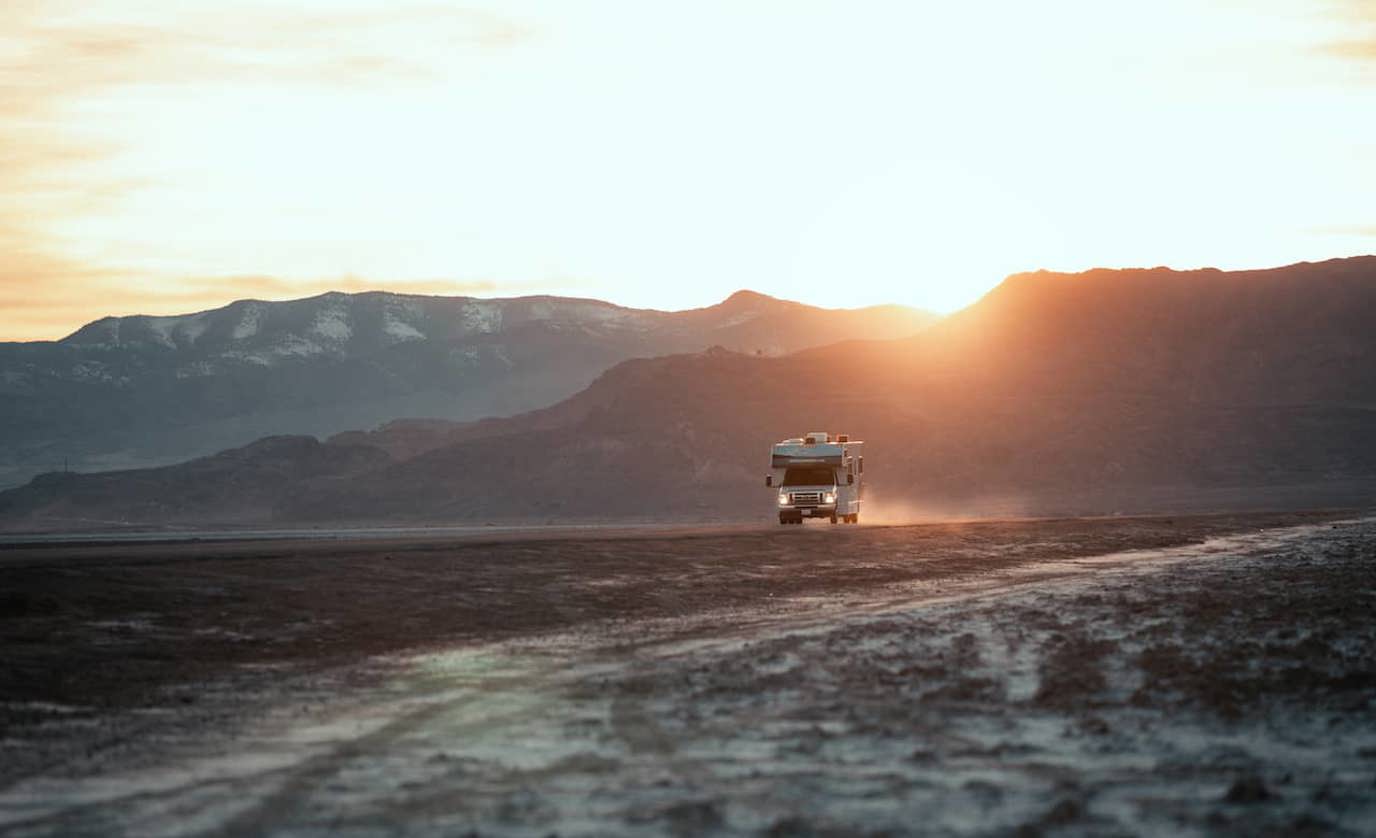
Why You Should Take an RV Safety Course This Year
- RV Lifestyle
Driving an RV, in most cases, doesn’t require a special license. When you purchase it, most dealerships will offer a brief walk-around to familiarize you with the most basic aspects of how to use your new RV. But then they hand you the keys, and off you’re supposed to go in a rig much bigger than your average sedan.
Just because you’ve been driving a car since you turned 16 doesn’t mean it's an easy transition to driving an RV right away. Everyone who isn’t already a professional driver can benefit from taking an RV safety course before getting behind the wheel of an RV — for the first time or even for the fortieth.
What Can I Learn in an RV Safety Course?
When you sign up for an RV safety course, you’ll learn a lot about what you need to know to safely and confidently operate your RV. For first-time RV owners, you can expect to learn the basics, such as actually driving and maneuvering the rig. You’ll learn how to back up, how to stop, and how to park as well as learning about how to use your mirrors to best reduce blind spots on the road.
For many of these skills, experience is the only way to improve, so having training before trying to navigate your first tight campground can make a world of difference. A safety course is the perfect way to develop comfort handling your RV in controlled situations before testing your skills in the real world.
For drivers who already have some of that kind of experience, you can expect to learn some skills on RV maintenance and proper care of the many systems on board. These courses also offer training on the proper techniques to handle driving any kind of RV so you can be prepared for anything that life on the road may throw at you. Any bad habits you may have developed while driving a regular car could easily transfer over to how you drive your RV. A safety course can be the perfect refresher to ensure you’re driving to your fullest potential.
Choosing the Right Course
There are two main types of RV safety courses that you can take to enhance or brush up on your RV driving skills. Each type will cater to a specific type of driver so consider your personal needs before you select a course to get started.
In-Person
One of the biggest benefits of in-person learning is having a live instructor who is an expert in driving big rigs, towing trailers, and everything in between. You can choose a course in your area, or some courses will even arrange to send an instructor out to you for a day of instruction at your own home. These instructors generally have not just years of experience but also commercial driving licenses, so you know they know their stuff.
Under their guidance, you’ll learn how to operate your specific RV and any particular quirks that it has. When you truly understand how to use your RV, driving is a lot more fun because you can be much more relaxed. You can expect to compile a pre-trip inspection checklist to help you remember the best safety tips starting before you ever get on the road.
Online
Online courses come in several varieties. Some courses offer pre-recorded videos in a series designed to help you learn basic skills and then build upon them. Other courses are run more like online school with live video courses, so you can still interact with your expert and get your specific questions answered.
These courses have detailed handouts and other materials to help you conveniently walk through the safe operation of your RV. This is different from just using YouTube or a similar website to watch one-off videos for particular topics. When you sign up for an online course, you can be assured that all of the information you need will be in one place for you to easily review again and again.
Safety First
It can be intimidating the first time you get behind the wheel of your RV — it’s big, cumbersome, and most lack in the way of aerodynamics. Many find that they’re physically tired sooner when driving an RV from tensely concentrating.
Whether you choose an online course or an in-person lesson is entirely up to you. With the experience and knowledge that comes from taking an RV safety course, you’ll have the proper mindset and technique to trust your ability to confidently drive your RV on the first trip or just the latest trip for your family.





